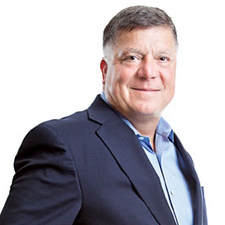
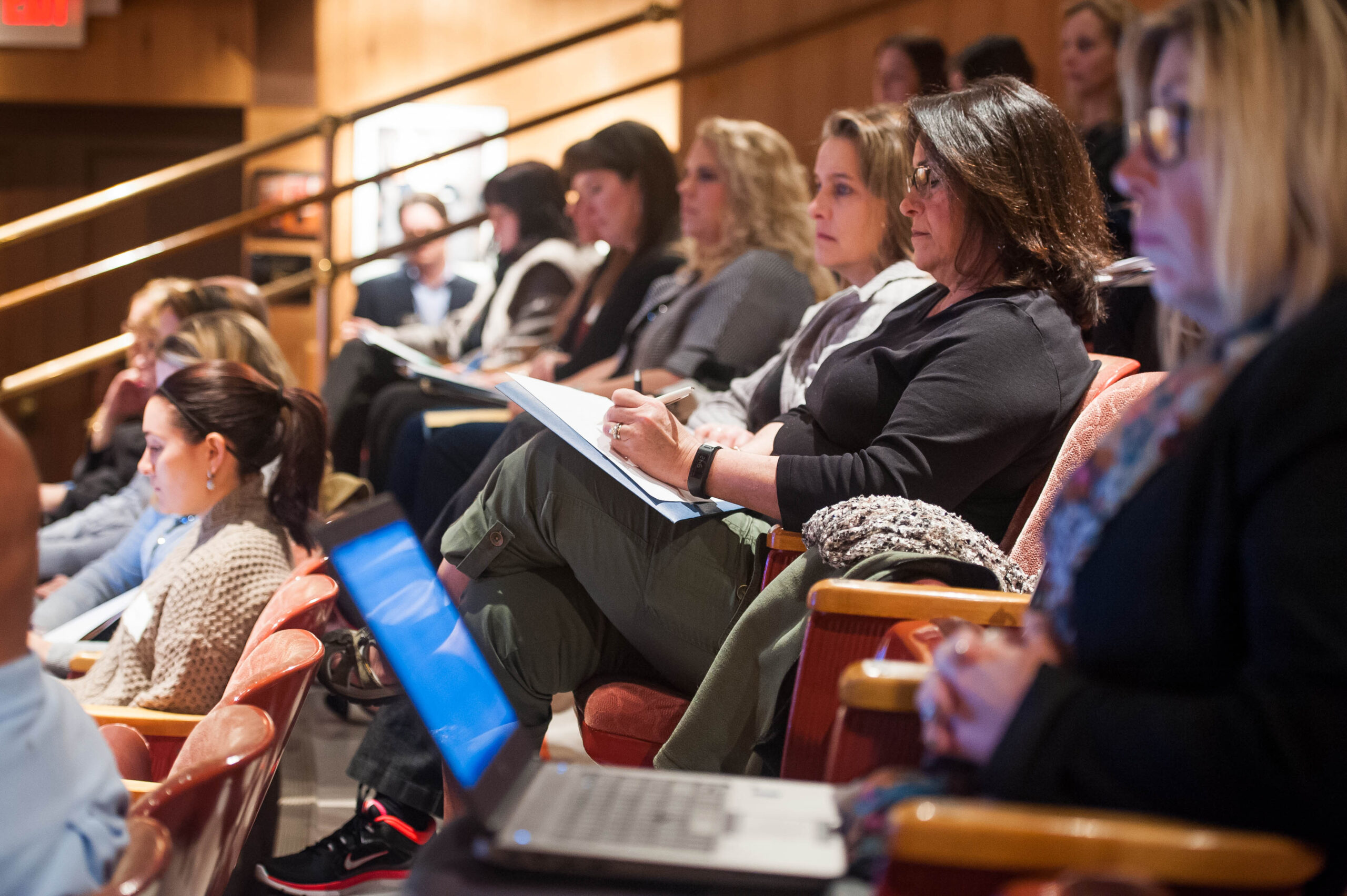
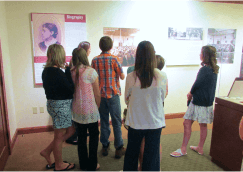
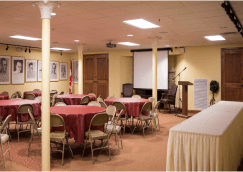
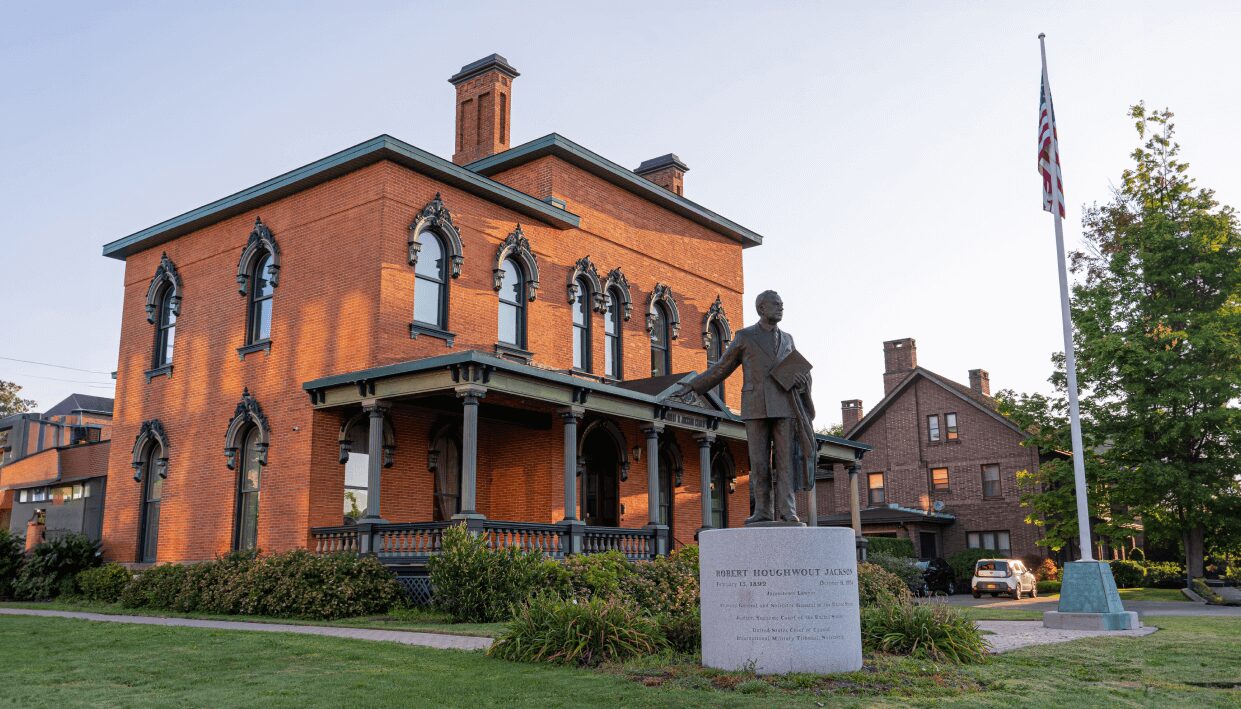
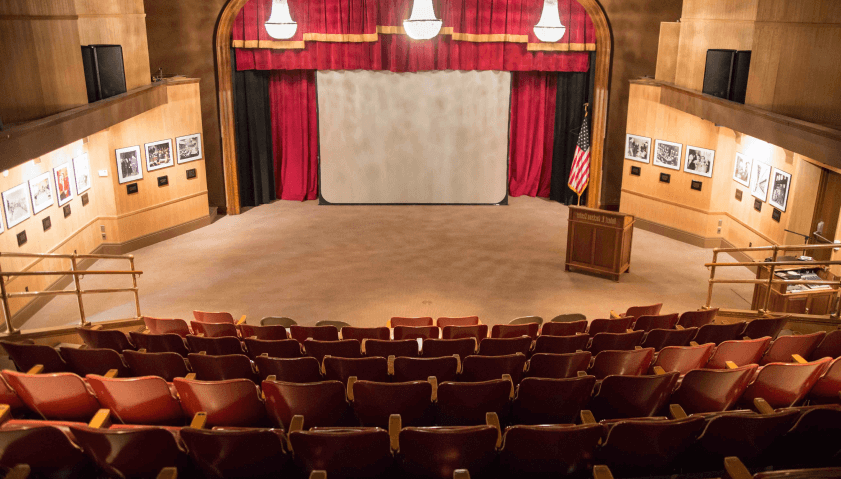
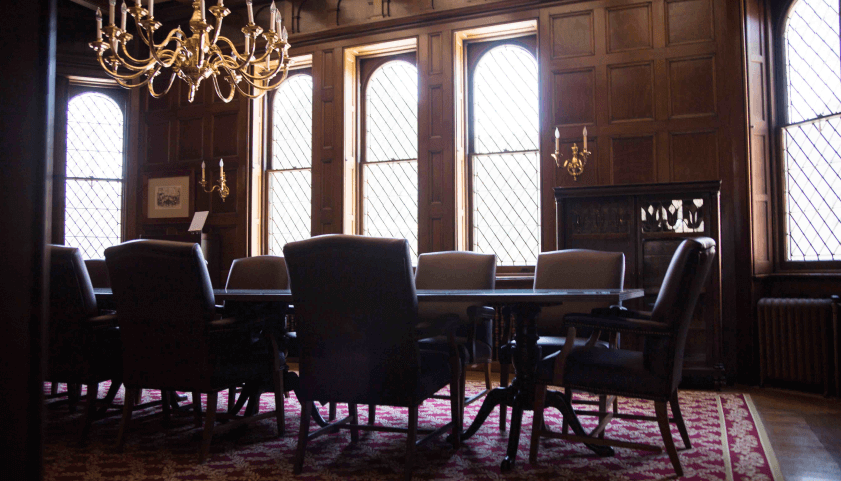
The various performances our students attend relate to the Social Studies content they are learning about, which changes each year, so students currently in 8th grade will have the opportunity
to attend five different performances throughout their high school career. Now that we have been attending performances three years in a row, students have commented on how cool it is that they get to go back to the Jackson Center and see a new performance. I have never seen a large group of students mesmerized for the 30-minute performance and then willing to ask questions the way they do for the Living Voices performances.
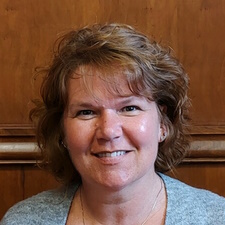
First serving as a host and now a primary sponsor of the Chautauqua County Battle of the Books for grades 6-8, the Jackson Center has helped this local competition grow from humble beginnings of three Jamestown schools to ten countywide teams. This year, we had well over 100 students participating in the reading of 12 different geared at their age level.
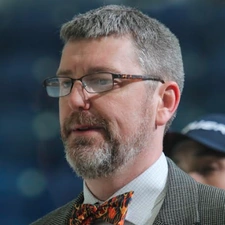
This internship experience has imbued me with a greater appreciation for Justice Jackson, pinning my hopes on the future of America through the legacy of his jurisprudence. What an extraordinary opportunity to have as a nascent Americanist.
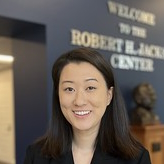
Michelle and I are honored to sponsor the summer internship program. These dedicated students always impress us with their enthusiasm and talents, and the Jackson Center gives them an excellent summer of learning and engagement.
